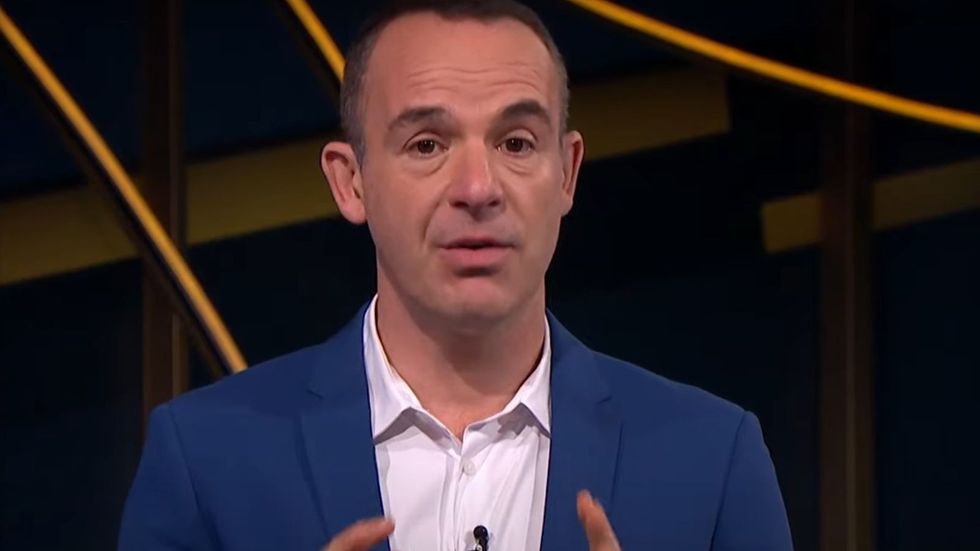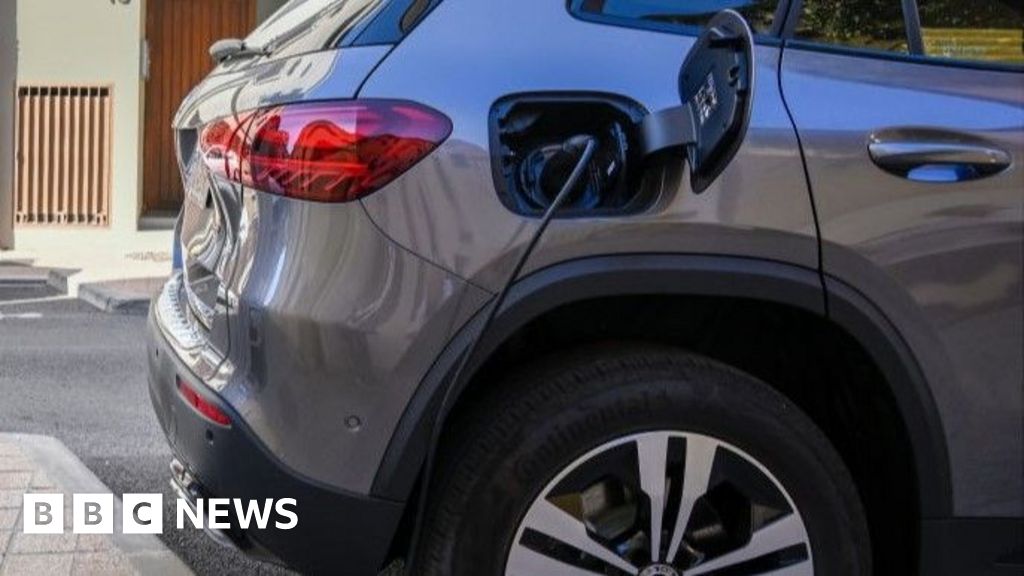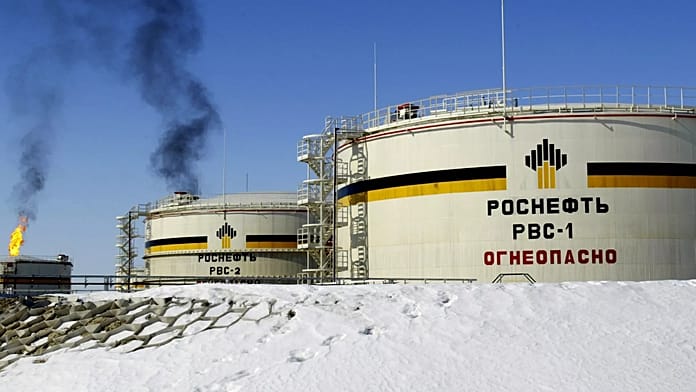State pension payment delay for millions as retirement age hike looms
Millions of Britons born after 1960 are facing a delayed retirement as the state pension age is set to rise from 66 to 67 between 2026 and 2028.The change, mandated by the Pensions Act 2014, will require those affected to wait an extra year before receiving their state pension payments.Retirement analysts are also sounding the alarm that further or faster increases could be on the horizon due to mounting budgetary pressures.The change will specifically impact men and women born between May 6, 1961, and April 5, 1977. These individuals will need to adjust their retirement plans to accommodate the one-year delay in receiving state pension benefits.While this increase from 66 to 67 is already legislated, another rise to 68 is currently planned for between 2044 and 2046 but this could be changed.Previously, the Labour Government has considered accelerating this timeline to between 2037 and 2039, though any changes would require parliamentary approval.The full new state pension currently pays £11,973 a year to eligible retirees. It rose by up to £460 a year (£8.80 a week) from 6 April 2025, under the "triple lock" guarantee.This amount falls well below the £14,400 that Retirement Living Standards identified as necessary for a single person to maintain even a basic retirement lifestyle.Do you have a money story you’d like to share? Get in touch by emailing money@gbnews.uk.Money Saving Expert's Martin Lewis has previously warned that recent increases may not fully help pensioners amid Winter Fuel Payment losses.Steven Cameron, Aegon's Pensions Director, has also raised concerns about potential additional changes to the state pension status quo."If the OBR's report and other budgetary pressures are worse than anticipated, we can't rule out a 'rabbit in the hat' review of the state pension," he warned."There's already an ongoing review of the state pension age and Government finances may mean it needs to increase further or faster." Cameron also highlighted potential changes to the triple lock formula that determines annual pension increases."While the Government has currently committed to keeping it, the formula might be adapted," he explained.Instead of using the highest of earnings growth, inflation, or 2.5 per cent, a "smoothing mechanism" could be introduced.LATEST DEVELOPMENTS:Pension crisis hits as Britons told 'put off retirement' as Trump's tariff turmoil eats into savingsReeves pledges £50BILLION pension investment in UK - but rejected 'Buy British' just days earlierDWP urged to take action as Brits have 'concerning gap in awareness' over state pension ageThis would guarantee inflation protection while potentially adding an uplift if wage growth exceeded inflation over the previous three years, retirement analysts claim. Such changes would "protect pensioner purchasing power and make future costs less unpredictable".The state pension age is reviewed at least every five years, considering factors like life expectancy and economic conditions. Recent reviews have also taken into account shocks such as COVID-19 and high inflation.The Department for Work and Pensions (DWP) will send official notifications in advance to those affected by the changes.The changes extend beyond the state pension, with the minimum age to access most private and workplace pensions set to rise from 55 to 57 in 2028.

Millions of Britons born after 1960 are facing a delayed retirement as the state pension age is set to rise from 66 to 67 between 2026 and 2028.
The change, mandated by the Pensions Act 2014, will require those affected to wait an extra year before receiving their state pension payments.
Retirement analysts are also sounding the alarm that further or faster increases could be on the horizon due to mounting budgetary pressures.
The change will specifically impact men and women born between May 6, 1961, and April 5, 1977. These individuals will need to adjust their retirement plans to accommodate the one-year delay in receiving state pension benefits.

While this increase from 66 to 67 is already legislated, another rise to 68 is currently planned for between 2044 and 2046 but this could be changed.
Previously, the Labour Government has considered accelerating this timeline to between 2037 and 2039, though any changes would require parliamentary approval.
The full new state pension currently pays £11,973 a year to eligible retirees. It rose by up to £460 a year (£8.80 a week) from 6 April 2025, under the "triple lock" guarantee.
This amount falls well below the £14,400 that Retirement Living Standards identified as necessary for a single person to maintain even a basic retirement lifestyle.
Do you have a money story you’d like to share? Get in touch by emailing money@gbnews.uk.

Money Saving Expert's Martin Lewis has previously warned that recent increases may not fully help pensioners amid Winter Fuel Payment losses.
Steven Cameron, Aegon's Pensions Director, has also raised concerns about potential additional changes to the state pension status quo.
"If the OBR's report and other budgetary pressures are worse than anticipated, we can't rule out a 'rabbit in the hat' review of the state pension," he warned.
"There's already an ongoing review of the state pension age and Government finances may mean it needs to increase further or faster."
Cameron also highlighted potential changes to the triple lock formula that determines annual pension increases.
"While the Government has currently committed to keeping it, the formula might be adapted," he explained.
Instead of using the highest of earnings growth, inflation, or 2.5 per cent, a "smoothing mechanism" could be introduced.
LATEST DEVELOPMENTS:
- Pension crisis hits as Britons told 'put off retirement' as Trump's tariff turmoil eats into savings
- Reeves pledges £50BILLION pension investment in UK - but rejected 'Buy British' just days earlier
- DWP urged to take action as Brits have 'concerning gap in awareness' over state pension age

This would guarantee inflation protection while potentially adding an uplift if wage growth exceeded inflation over the previous three years, retirement analysts claim. Such changes would "protect pensioner purchasing power and make future costs less unpredictable".
The state pension age is reviewed at least every five years, considering factors like life expectancy and economic conditions. Recent reviews have also taken into account shocks such as COVID-19 and high inflation.
The Department for Work and Pensions (DWP) will send official notifications in advance to those affected by the changes.
The changes extend beyond the state pension, with the minimum age to access most private and workplace pensions set to rise from 55 to 57 in 2028.







































